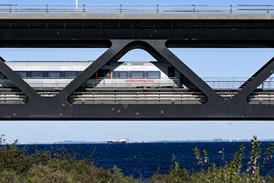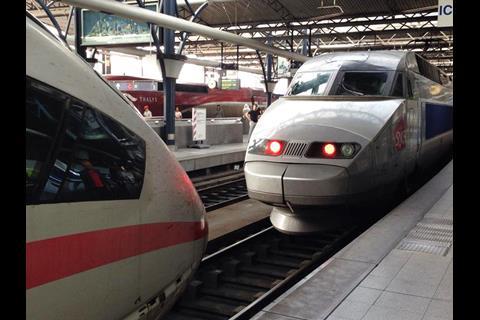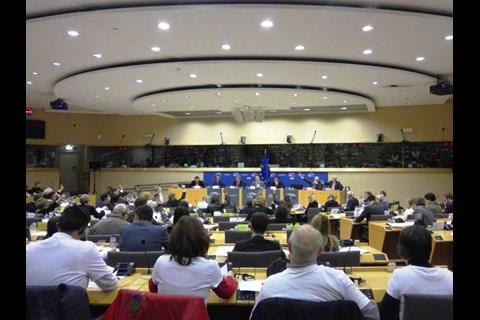EUROPE: The European Parliament voted on December 14 to adopt the final wording for the market pillar of the Fourth Railway Package, concluding ‘almost five years of intense negotiations’ over the European Commission’s proposals. The market pillar will come into force once the texts have been published in the Official Journal of the European Union. This is expected by the end of this year, and will start the formal implementation timetable.
In its final version the market pillar embraces three core proposals:
- Revisions to Regulation 1370/2007 on the award of public service contracts. These are intended to facilitate the opening of the market for domestic rail passenger services. Competitive tendering will become the norm for public service contracts by December 2023, with exceptions permitted under specific circumstances and direct award contracts required to include performance and quality targets. Open access operators will be able to offer competing commercial services on domestic routes from December 14 2020, although restrictions designed to ensure the continuity of subsidised services will be permitted subject to ‘objective economic analysis’ by regulators.
- Amendments to Directive 2012/34 on the Single European Railway Area. These are designed to strengthen the independent and impartiality of infrastructure mangers to facilitate the opening of the domestic passenger market, however vertical separation is not required.
- A regulation to support common rules for railway undertakings’ accounts.
The Fourth Railway Package included technical and market pillars. The three measures comprising the technical pillar were agreed in June 2015 and formally adopted by the Parliament on April 28. However, the market pillar was more controversial, with marked differences in opinion between member states, the Commission, Parliament and the Council of Ministers.
Following the introduction of ‘compromise’ proposals by the Luxembourg Presidency in autumn 2015, a provisional agreement on the final wording was reached during trialogue discussions on April 19 and revised texts were formally adopted by the Council of Ministers on October 17. These incorporate significant changes from the Commission’s original proposals, which many commentators including the European Rail Freight Association believe have watered down the liberalisation process.
The final texts were endorsed by the Transport & Tourism Committee on December 5, and discussed by the European Parliament at a plenary session in Strasbourg on December 12. Many MEPs expressed concern over the proposals, with The Greens and several smaller parties indicating that they would vote against the market pillar. TRAN Committee Chair Michael Cramer and Vice-Chair Dominique Riquet voted against adoption, with Cramer arguing that the revised texts ‘bring no improvements’.
Suggesting that the legislation would ‘consolidate a regulatory framework that should enhance opportunities for railway companies and enable them to perform at their best’, CER Executive Director Libor Lochman said ‘it is with great satisfaction that I see this process coming to an end today. The rail sector now looks forward to enjoying a very much-needed stable regulatory environment.’























